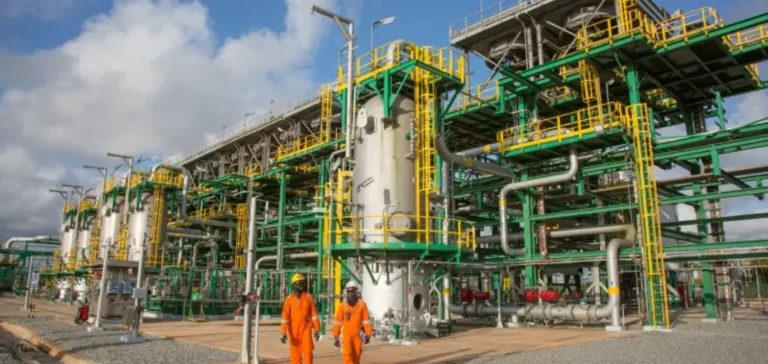Energy trader Vitol has finalised the acquisition of a 30% stake in the Baleine oil project in Côte d’Ivoire from Italian company Eni. The transaction was completed on September 25 after the necessary regulatory approvals were obtained. This offshore project began production in December 2024 and is one of the country’s largest oil developments.
Following the deal, Eni now holds 47.25% of the project, while Côte d’Ivoire’s national oil company, Petroci (Société nationale d’opérations pétrolières de Côte d’Ivoire), retains its 22.75% stake. Eni remains the project’s operator, ensuring technical continuity while sharing financial and operational risks with its partners.
Strengthening regional positions
For Vitol, the acquisition is part of a broader strategy to expand in West Africa. The Swiss group is already cooperating with Eni in Ghana, notably on the OCTP (Offshore Cape Three Points) and Block 4 projects. Its entry into Baleine marks Vitol’s first active participation in an offshore production venture in Côte d’Ivoire.
Eni continues to pursue active portfolio management in the country. In 2024, the company acquired four new offshore exploration blocks, bringing the total number of permits held in Ivorian waters to ten. This partial divestment allows Eni to reallocate capital to other upstream developments in the region.
A long-term project for the country
The Baleine field currently accounts for around 8% of Côte d’Ivoire’s daily oil production. At the end of phase 2 of development, production capacity reached 60,000 barrels of oil per day and 70 million cubic feet of gas. The extracted gas is destined for the domestic market, mainly to support electricity generation.
Technical studies for phase 3, now underway, aim to increase production to 150,000 barrels of oil per day and 200 million cubic feet of gas per day. The Final Investment Decision (FID) is expected by the end of 2025. According to published data, the field is projected to remain economically viable until 2059.






















